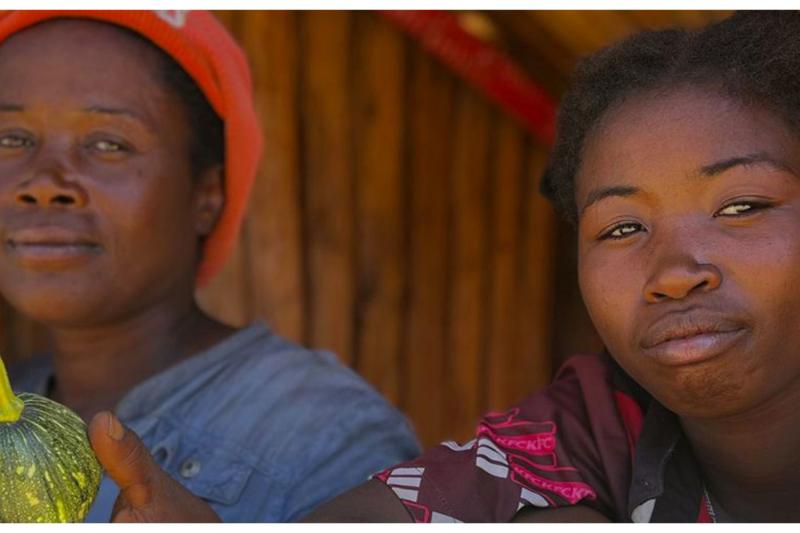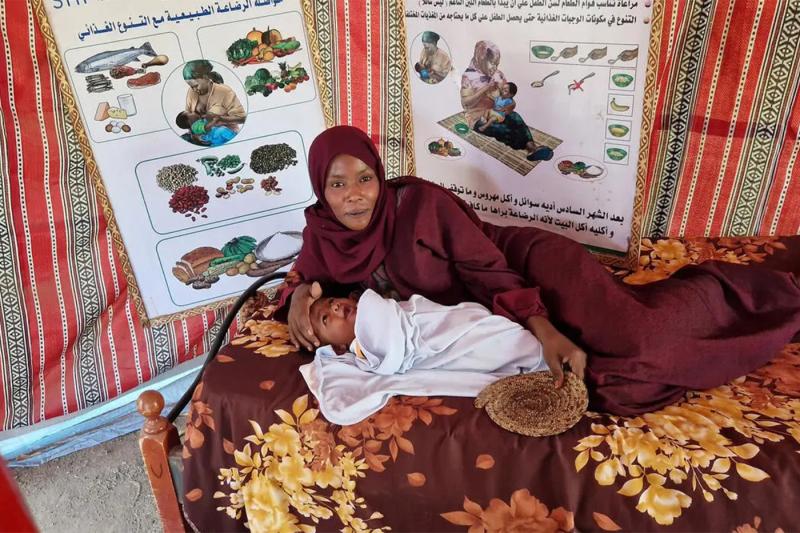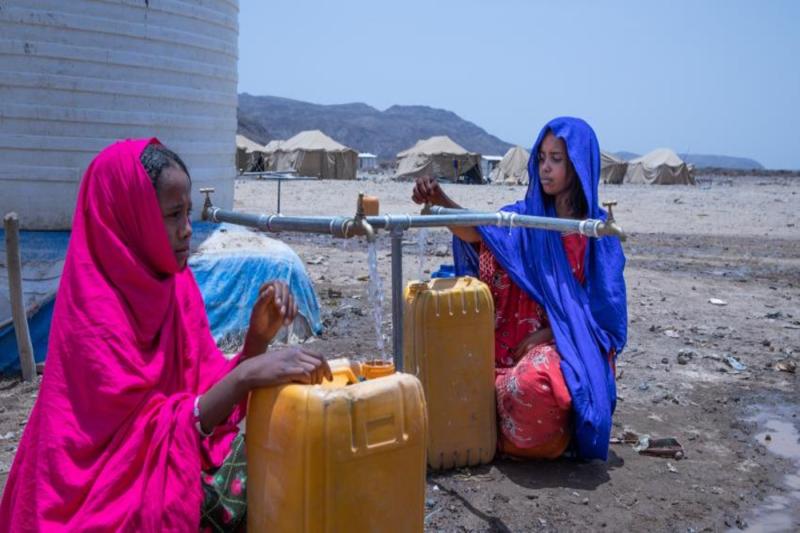CERF US$31 million allocation allow humanitarian actors in the Lake Chad Basin to help vulnerable people with urgent life-saving needs
An estimated 2.7 million people, 1.5 million of them children, have been displaced in the Lake Chad Basin region due to Boko Haram-related violence, making it the fastest growing displacement crisis in Africa. As the humanitarian situation is worsening, people are in urgent need of food, drinking water, shelter, health care, protection and education.
Humanitarian partners in Cameroon, Chad, Niger and Nigeria will use the $31 million allocation to provide life-saving assistance to almost 1.7 million affected people by the crisis. In Nigeria, some $10 million will provide emergency shelter, health care, safe drinking water and sanitation and nutrition for people living in overcrowded camps, in the North East of the country. Humanitarian partners in Cameroon, Chad and Niger will use $7 million allocation each to improve access to food and health services and to provide protection in camps for displaced, host communities and schools.
“Hundreds of thousands of children, women and men bear the brunt of Boko Haram’s violence. Thanks to CERF, they will now have a roof over their heads and access to healthcare and food. This timely response will not only protect families but also restore their dignity”, said Toby Lanzer, Assistant Secretary-General and Regional Humanitarian Coordinator for the Sahel. “It also sends a clear signal to the international community: The scale of need is immense and donors urgently must back emergency operations.”
Women and girls kidnapped by Boko Haram have been subjected to physical and psychological abuse, forced labour, forced marriage and sexual slavery. Boys have been forcibly enrolled as combatants. They urgently need protection assistance including prevention of and response to sexual and gender-based violence.
In response to the $7 million CERF allocation, Humanitarian Coordinator of Cameroon, Najat Rochdi said, “The recent up-surge of insecurity and violence in the Lake Chad Basin dramatically impacted the lives of hundreds of thousands of civilians in the Far North region of Cameroon. CERF funding will allow humanitarian actors to provide urgent life-saving assistance, such as emergency shelter, food, treatment of acute malnutrition, health services and protection and to safeguard peoples’ dignity.”
According to UN Resident Coordinator in Niger, Fodé Ndiaye, the humanitarian community must act upon the Lake Chad Basin crisis to avert disastrous consequences on a massive scale. “CERF’s rapid response funding is vital to kick-start life-saving activities for the fragile communities in Diffa. CERF funds will play a crucial role in averting chaos, suffering and ultimately loss of life.”
“The rapid CERF funding will help avoid deterioration of the humanitarian situation, especially with the current chronic drought and drying of Lake Chad”, said Resident Coordinator/Humanitarian Coordinator in Chad, Stephen Tull.
The CERF funding will make a concrete and significant difference in the lives of people forced from their homes, too many suffering from unspeakable traumas,” Resident and Humanitarian Coordinator a.i. in Nigeria, Jean Gough said.
“Aid agencies in region have warned that living conditions for the affected people in the region are dire, giving rise to serious protection and health concerns”, Under-Secretary-General for Humanitarian Affairs and Emergency Relief Coordinator, Stephen O’Brien, said. “The $31 million CERF allocation will provide a much-needed injection of funds for partners to provide for the most basic life sustaining needs in the Lake Chad region. Saving lives and protecting people in the region is at the centre of the humanitarian response”.


